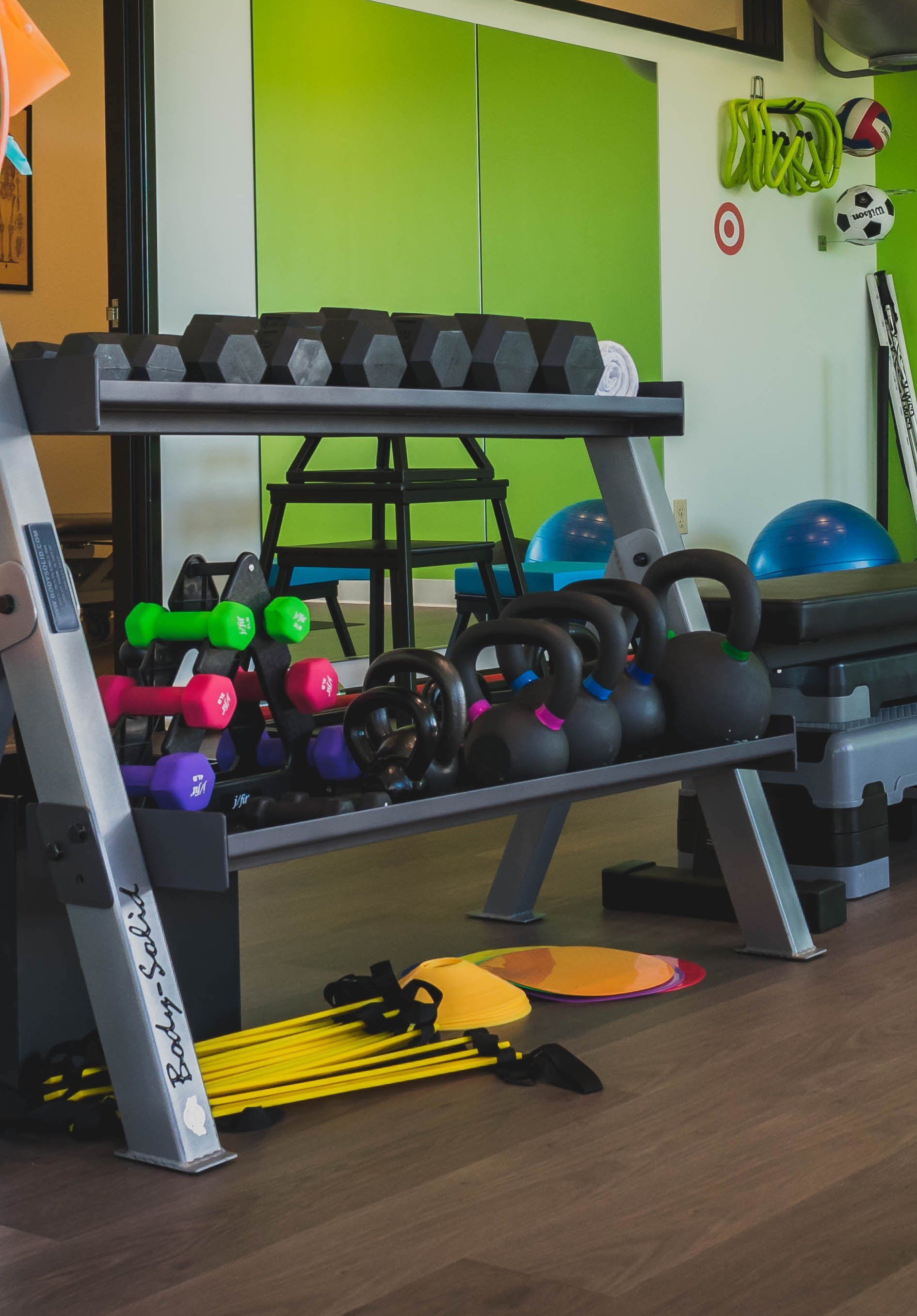Gait Analysis
Gait Analysis and Balance Retraining
Walking seems to be an easy task. Afterall, we have been walking since we’re 1-2 years old! Walking, or gait, is a complex task involving your visual and inner ear/vestibular systems and motor control. If you are experiencing an abnormal gait or walking pattern, this can be due to injuries, motor control changes or neurological conditions that come with aging.
Causes Of Gait Dysfunction And Imbalance
The cause of your gait dysfunction depends on the type of gait imbalance you are experiencing. Common gait deviations include foot drop, paralytic (or weakness), ataxia (i.e. decreased coordination), bradykinetic (slowness) or shuffling steps, knee hyperextension, leg whip, and crouched posture. These deviations are due to a mixture of muscle weakness/imbalance, limited range of motion or flexibility, impaired balance, tone, and/or decreased motor control.
It is important to see a physical therapist if you are experiencing changes in your walking as abnormal gait can cause further joint injury, pain, muscle weakness, deconditioning, and potentially falls.
If you notice changes in your gait, you may notice differences in balance on different surfaces, difficulty clearing foot, increased frequency of “tripping” or stumbling”, path deviation, difficulty controlling steps, changes in the speed of walking or shuffling steps.
Sometimes, changes in gait can be an early sign of neurologic or nerve damage or other neurologic conditions. You know your body best! If you feel your walking has changed or you are concerned of falling, we recommend an evaluation and gait analysis completed by a physical therapist.
Physical Therapy For Gait Retraining
Gait dysfunction requires further evaluation and analysis from a physical therapist. After an initial assessment, your physical therapist will be able to make a treatment plan of care and home exercise program targeted to your impairments.
There are many things in a PT’s “toolbox” to help improve your performance, independence, and safety with walking. Beyond standard rehab, therapists may evaluate for orthotics/braces and assistive devices. Therapy will also work on sub-components of walking utilizing many hands-on facilitation and possibly functional e-stim.
- Gait analysis: Examine your walking pattern from the way your foot strikes the floor to how your body handles changes in weight bearing from left to right side.
- Manual therapy: To manipulate your joints, muscles, and tissues in order to diagnose biomechanical injuries, reduce pain, and promote proper healing.
- Balance retraining: Retrain your brain to recognize and process signals to improve your balance to prevent falling.
- Custom exercises: Strengthening muscles including the hips, gluteal, abdominal and other leg and postural muscles to give you more control when you move.
